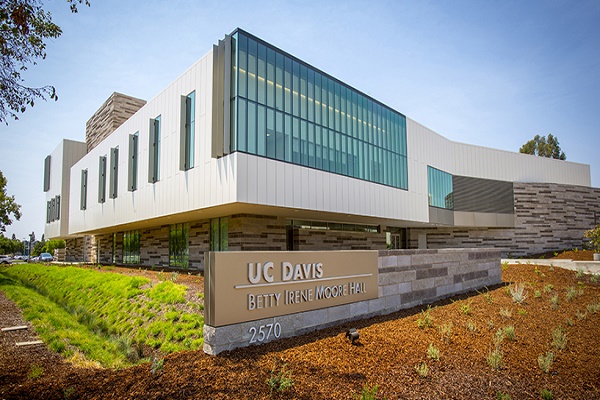UC Davis: Detection of Coronavirus B.1.351 Variant Confirmed in Yolo County
Through genotyping all positive samples as part of Healthy Davis Together’s free community COVID-19 test operations, the UC Davis Genome Center has identified the first known case of the B.1.351 variant of the virus SARS-CoV-2 in Yolo County.
Research performed elsewhere has found that the B.1.351 variant is more contagious, with a 50 percent higher transmission rate. While large-scale population-based studies have not provided strong evidence that the effectiveness of the three vaccines authorized for emergency use in the United States is negatively impacted by variants such as B.1.351, there is laboratory evidence that suggests efficacy may be impacted.
This is the second COVID-19 variant of concern scientists at the Genome Center have identified as part of Healthy Davis Together testing protocols. The B.1.1.7 variant was identified and confirmed in early February.
“The detection of the B.1.351 variant is concerning given its high transmissibility and studies in the lab that show that vaccines may not work as well against this variant,” said Aimee Sisson, Yolo County public health officer. “Even if real-world studies eventually show that vaccines are effective against the B.1.351 variant, the majority of Yolo County residents are not yet fully vaccinated. Until most of the population has immunity, we need everyone to continue taking protective measures against coronavirus. Masking, distancing, avoiding large gatherings and regular testing are as important as ever.”
Isolation, contact tracing underway
The person who had a positive Genome Center PCR test result for the B.1.351 variant is under isolation, and contact-tracing efforts began immediately because they may have a SARS-CoV-2 infection with this variant. This individual is an adult who lives in Davis and has not been vaccinated for COVID-19. The B.1.351 variant, estimated to have emerged in South Africa in October, has now been detected in 33 states. California has reported 10 cases of B.1.351.
“Our genotyping protocol is working as intended,” said Richard Michelmore, director of the UC Davis Genome Center. “All samples identified as positive for SARS-CoV-2 by the testing lab are now genotyped immediately to identify all currently known variants of concern. Samples that have genotypes different from the common strain are sequenced to confirm the genotyping.
“If there is a known variant of concern in our testing pool, we’ll find it and alert the community as quickly as possible to try to prevent spread.”

